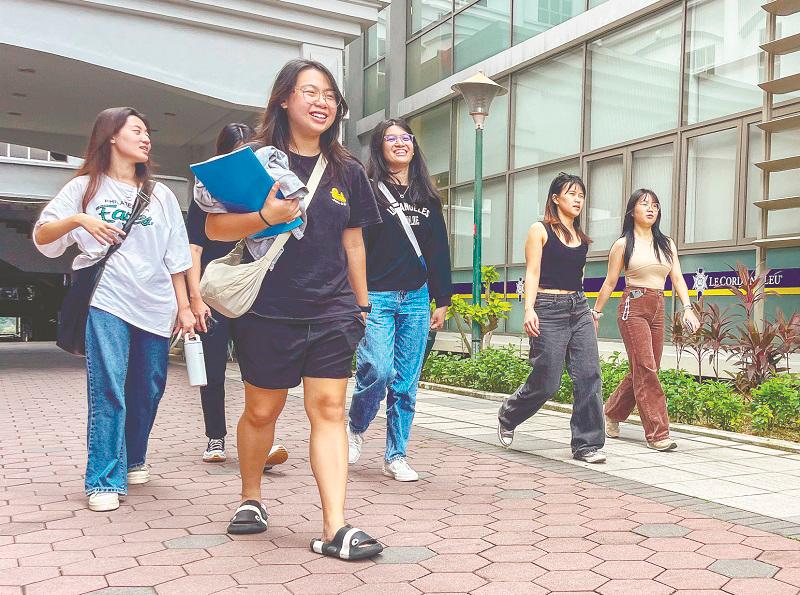I REFER to the article “Private universities facing multiple challenges” published in theSun on Jan 3, and would like to share my perspectives on some of the issues discussed by National Association of Private Educational Institutions secretary-general Dr Teh Choon Jin.
The opening paragraph of the article, which attributes the growth of private higher education institutions (PHEI) over the years to the quota system and limited seats in public universities, provides a glimpse into why PHEI are struggling.
Let us contrast this with the international schools market segment, which has also
seen exponential growth over the past decade. These schools offer globally recognised programmes such as the International General Certificate of Secondary Education and International Baccalaureate, to name a few.
When questions arise about the standard of our public schools, the programmes offered by international schools present a compelling alternative. Unfortunately, the same cannot be said for many of the programmes offered by PHEI.
As someone who has been involved in various leadership capacities within the higher education sector over the past
15 years, it is notable how the majority of PHEI have struggled with their enrolment figures, especially post-pandemic.
Multiple researches have found Gen Zs to be defined
by strong individuality and entrepreneurial traits. They are vocal about the values they believe in and are passionate about building their personal brand. Unfortunately for PHEI, “running your own business” is something that does not require a paper qualification, and most PHEI are not in a position to offer anything beyond that.
Completing a diploma or degree was once seen as a measure of one’s resilience. However, with the rising cost of living, there are now numerous alternative pathways to gaining the skills needed for securing a job
and earning an income – without spending several years and tens of thousands of ringgit.
Furthermore, the number of PHEI that have successfully (i.e. profitably) implemented online or hybrid programmes, as well as micro-credentials, are still few and far between as learners opt for more affordable or free courses via massive open online course (MOOC) providers.
A combination of courses offered by world-renowned universities or industry giants would easily convince prospective employers of an individual’s capabilities. In fact, entire degree programmes can now be completed on MOOC platforms at a significantly reduced cost.
Gen Zs are also tech-centric, and most PHEI have failed to catch up. Some have been agile, offering qualifications in niche yet rapidly emerging areas such as drones, electric vehicles and blockchain. However, they remain a small minority.
This is evidenced in the Malaysia Critical Occupations List published annually by TalentCorp to highlight roles that are experiencing a talent shortage.
In the most recent edition
of this report, industry stakeholders continued to voice their concerns regarding the skills gaps in jobseekers, caused by a lack of relevance in tertiary education programmes.
Whilst all PHEI are happy to boast about their graduate employability statistics, there have always been concerns as to the credibility of the metrics being measured, particularly when every institution is getting a “Gold” or “Five-star” rating.
The general consensus seems to be that although the vast majority of graduates do secure jobs, a large percentage end up in roles with unsatisfactory salaries and/or are unrelated to their field of study.
Additionally, a review of university rankings such as those by QS or Times Higher Education, which I understand are skewed towards research, shows public universities still dominating the list. This is another area in which PHEI need to accelerate their efforts.
Whilst there is room for a more efficient accreditation process by the Malaysian Qualifications Agency, I would question Teh’s request for the authorities to “help PHEI innovate”.
For the many PHEI still stuck in their outdated ways, I believe it is incumbent upon themselves to take the necessary steps for advancement, which are obvious and have long been called for by the Higher Education Ministry, the industry and learners.
In conclusion, I am wholeheartedly against PHEI being financially aided by the government. Any PHEI facing concerns about their sustainability as a business should instead be performing a thorough self-examination. As the adage goes, “adapt or die”.









